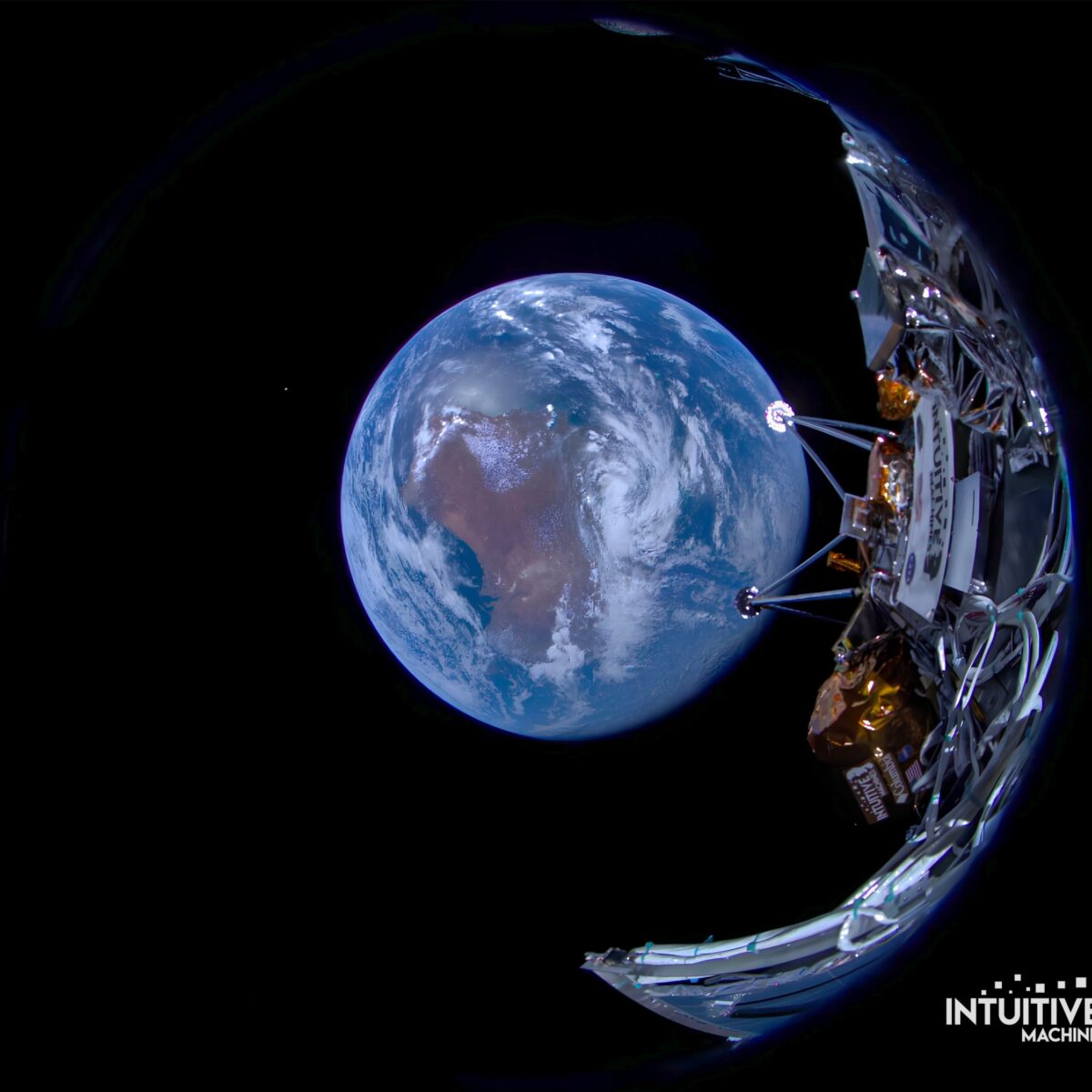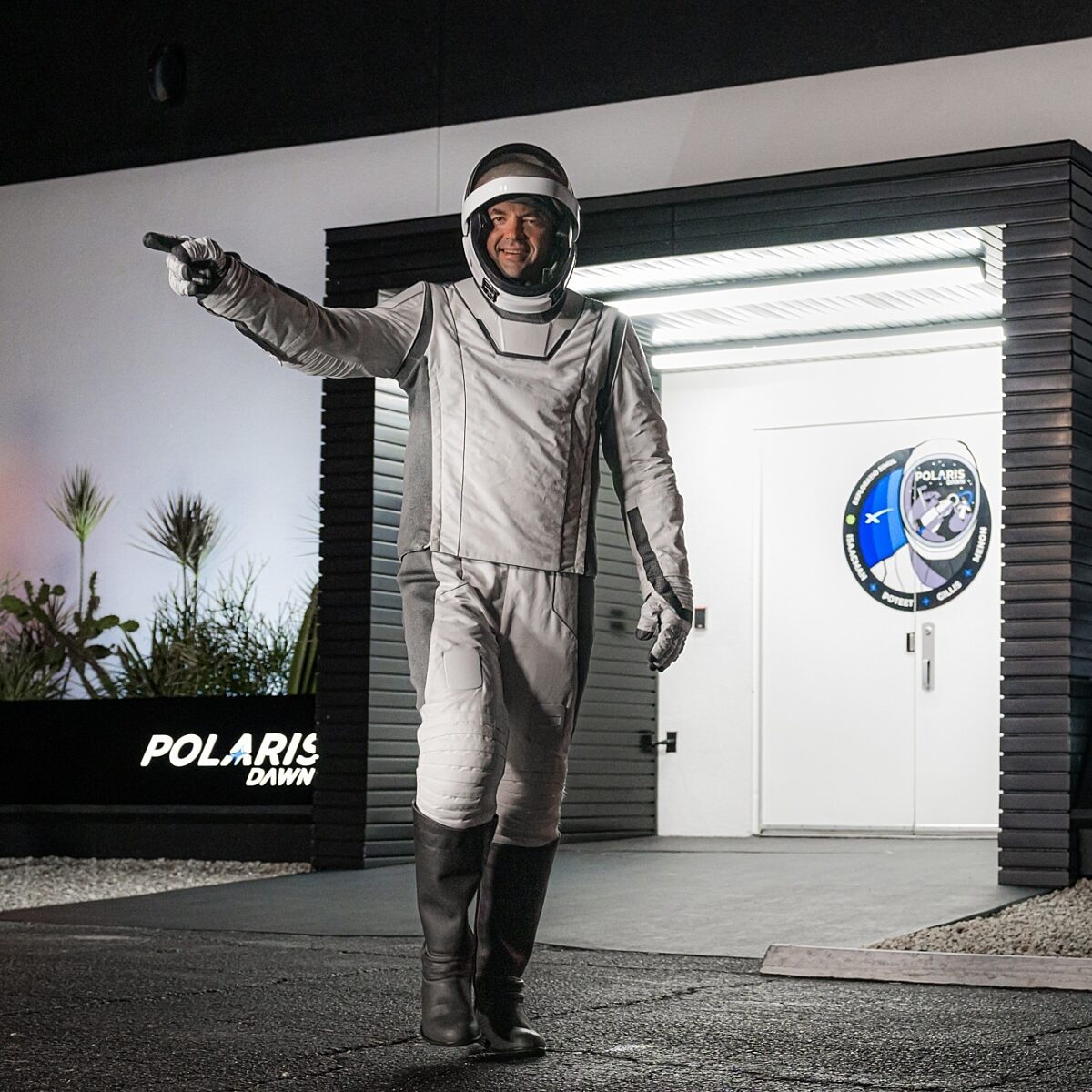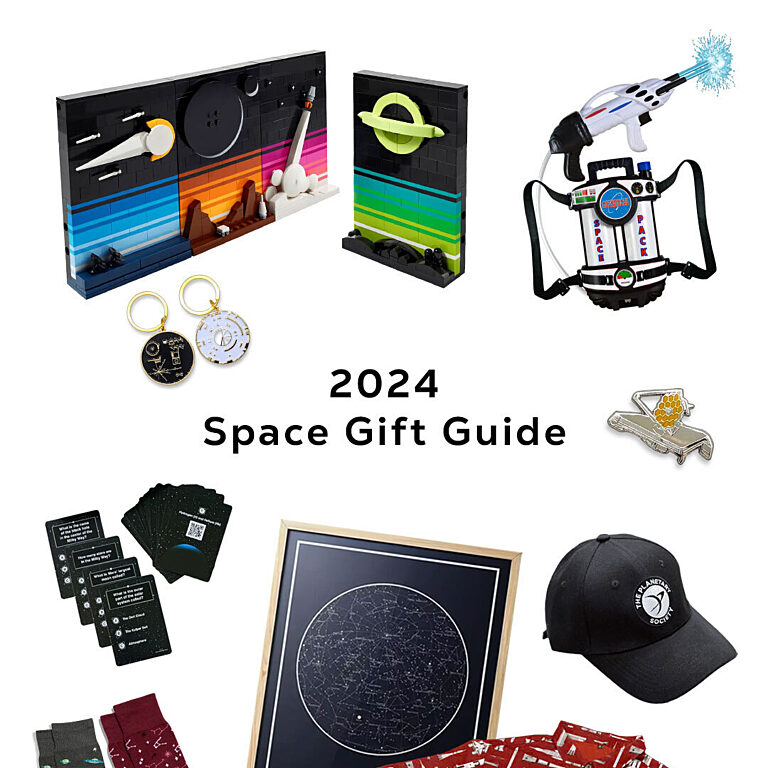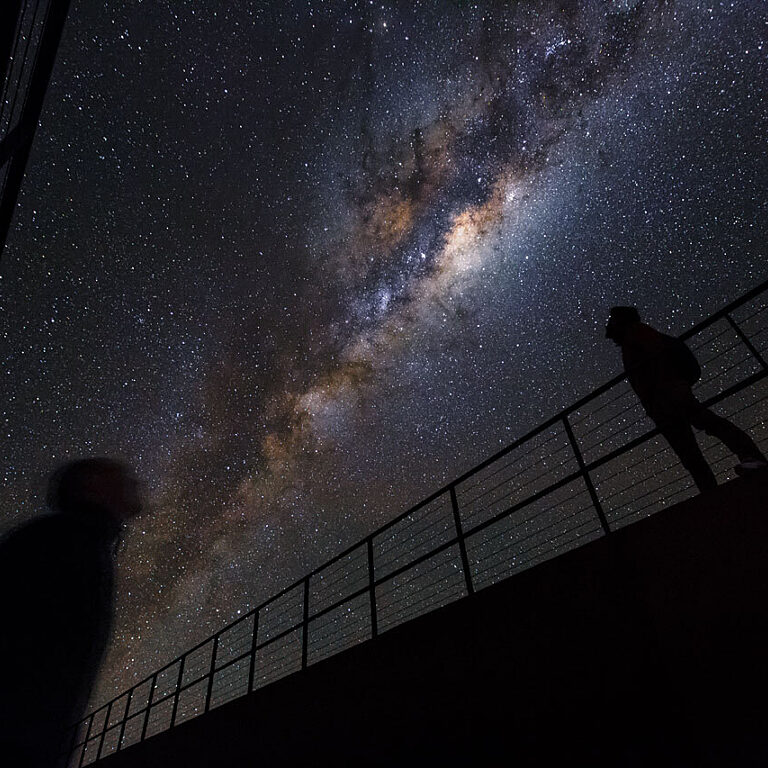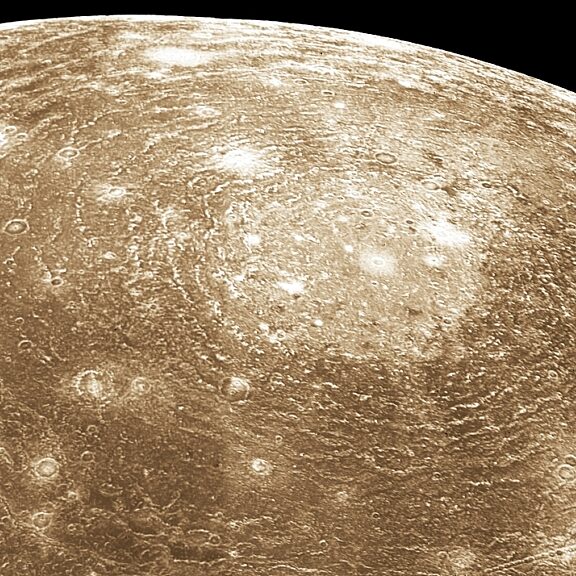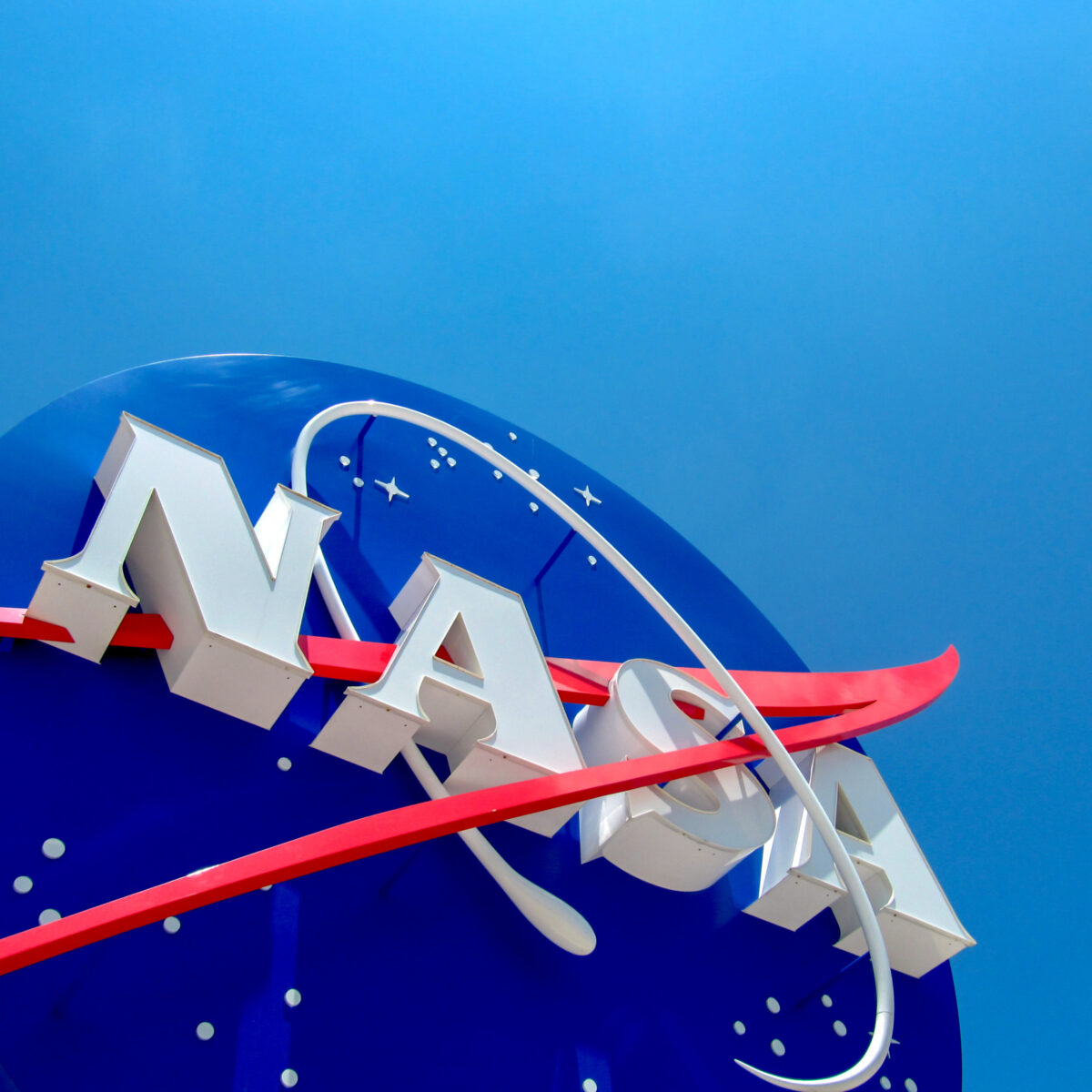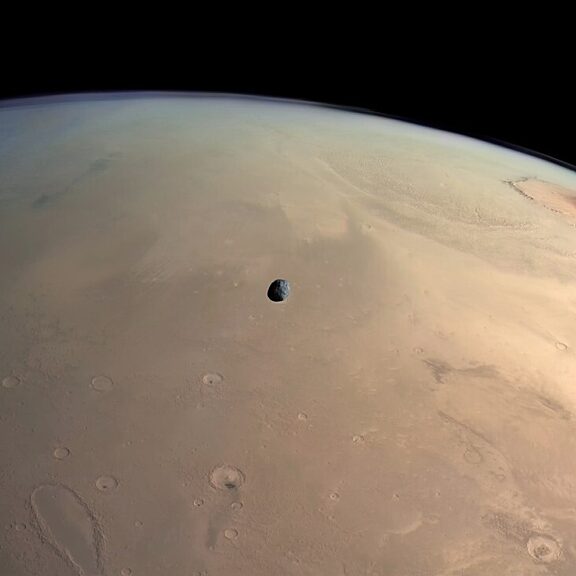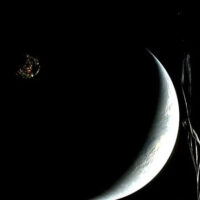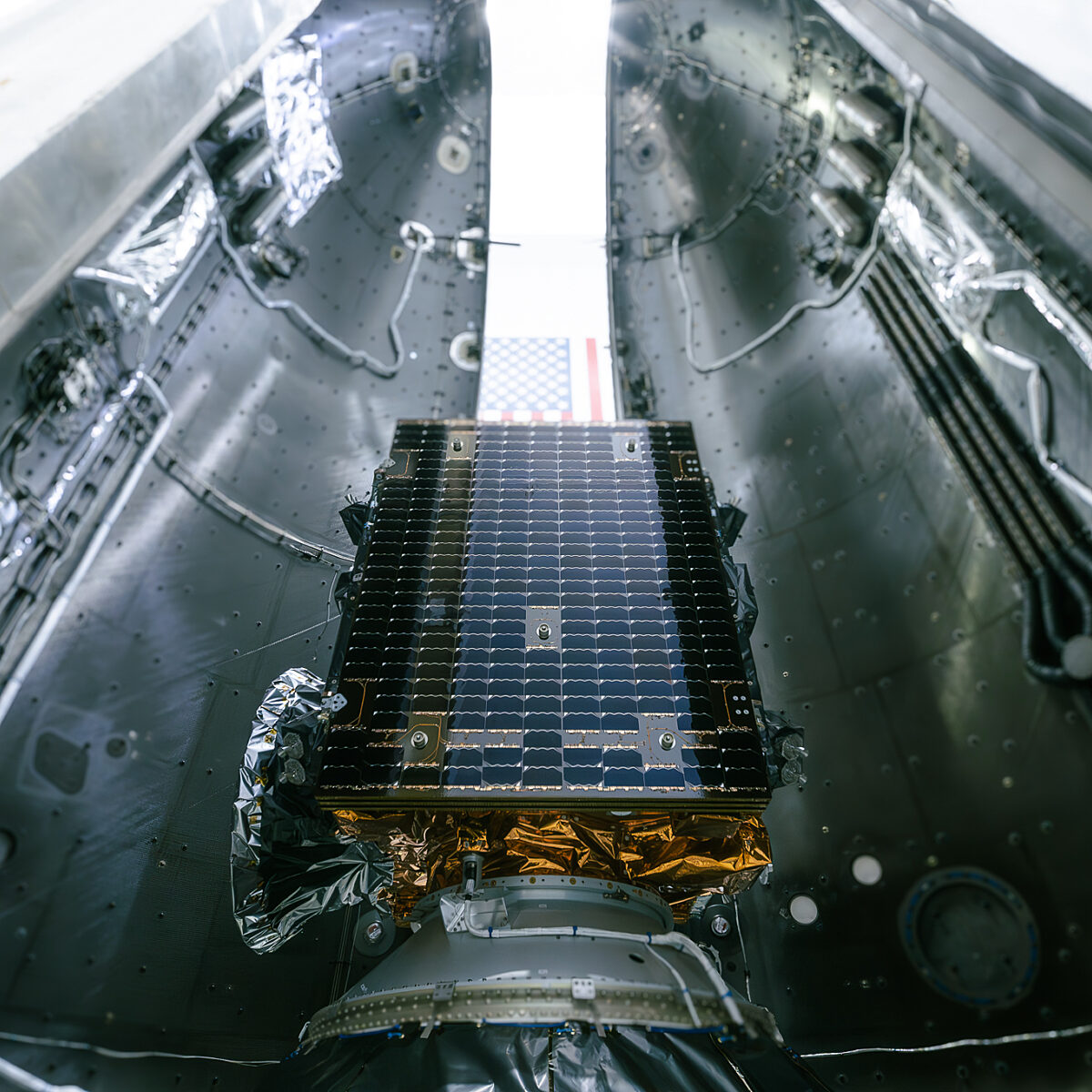All
All
Stories, updates, insights, and original analysis from The Planetary Society.
Mars’ enduring role in the search for life
New discoveries underscore why we must keep exploring the red planet.
The year in pictures
The sights of space from the past 12 months.
Best in show
The winners of the Best of 2024 are here! Plus, look back on two years of sharing space over the radiowaves and help pick a new name for a quasi-moon.
Who is Jared Isaacman, Trump’s proposed NASA Administrator?
President-elect Donald Trump announced his intention to nominate billionaire entrepreneur Jared Isaacman as the next NASA Administrator, marking the first concrete space policy decision of the second Trump administration.
The best of 2024
The winners of our annual campaign to pick the best of the best from the last year of space exploration.
Twister, but make it magnetic
A Jovian storm has its roots in a magnetic vortex, life finds a way into an asteroid sample, and more this week in space.
Gazing off into space
Turn your gaze to the heavens and you’ll find planets, stars, galaxies, and perhaps a new passion.
The best gifts for people who love space
From books to games to apparel and more, this collection of gift ideas (including some that don't cost a dime!) is perfect for anyone who loves space.
A beginner’s guide to stargazing
It only takes a few basic tips to start exploring the night sky.
Ripples and rivers
Liquids do all kinds of interesting things on planetary surfaces, from creating rippled impact craters to streaming out from under carbon dioxide glaciers.
What to watch for in a second Trump administration
Good for space, bad for NASA? Here's what to watch for as NASA enters into Trump's second term.
Streaks and highlights
It’s been a great year for space exploration. Now you get to pick the highlights.
Journeys worth making
Perseverance faces a hard climb, but New Horizons proves it’s worth going the distance.
Grand designs
From logos to policy to mission architectures, if you want to achieve something in space, you’ve got to design it first.
Space in the 2024 elections
An overview of what U.S. space policy might look like under a Trump or a Harris administration.
Solar maximum = maximum awe
With the Sun at the peak of its activity cycle, we Earthlings get treated to some awesome sights. Plus, some truly awe-inspiring launches happened this week.
Europa Clipper launches on its journey to Jupiter’s icy moon
NASA’s Europa Clipper spacecraft launched today aboard a SpaceX Falcon Heavy rocket from NASA’s Kennedy Space Center in Cape Canaveral, Florida.
Twinsies!
Asteroids that come in pairs, matching volcanic features on Mars and Earth, and the potential space policies of two administrations.
Hera launches to study the aftermath of an asteroid deflection test
The European Space Agency’s Hera spacecraft launched on Oct. 7, 2024, from Cape Canaveral, Florida. It will travel to the Didymos-Dimorphos asteroid system to study the aftermath of the first-ever field test of an asteroid deflection technique.
Glitter and glow
This week we look forward to launches, gaze at glowing auroras, and get creative with glitter.


 Explore Worlds
Explore Worlds Find Life
Find Life Defend Earth
Defend Earth


 Sun
Sun Mercury
Mercury Venus
Venus Earth
Earth Mars
Mars Jupiter
Jupiter Saturn
Saturn Uranus
Uranus Neptune
Neptune Small Bodies
Small Bodies
